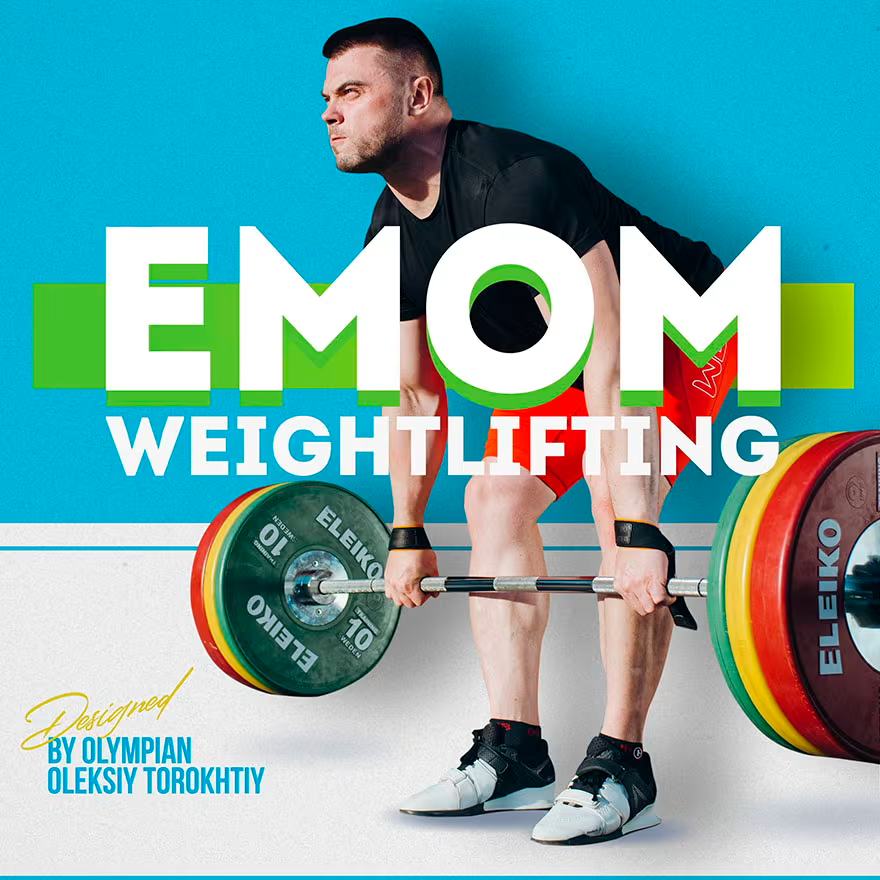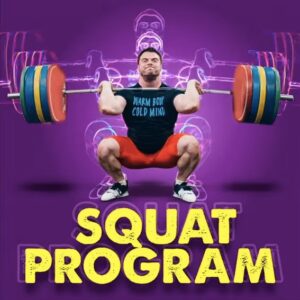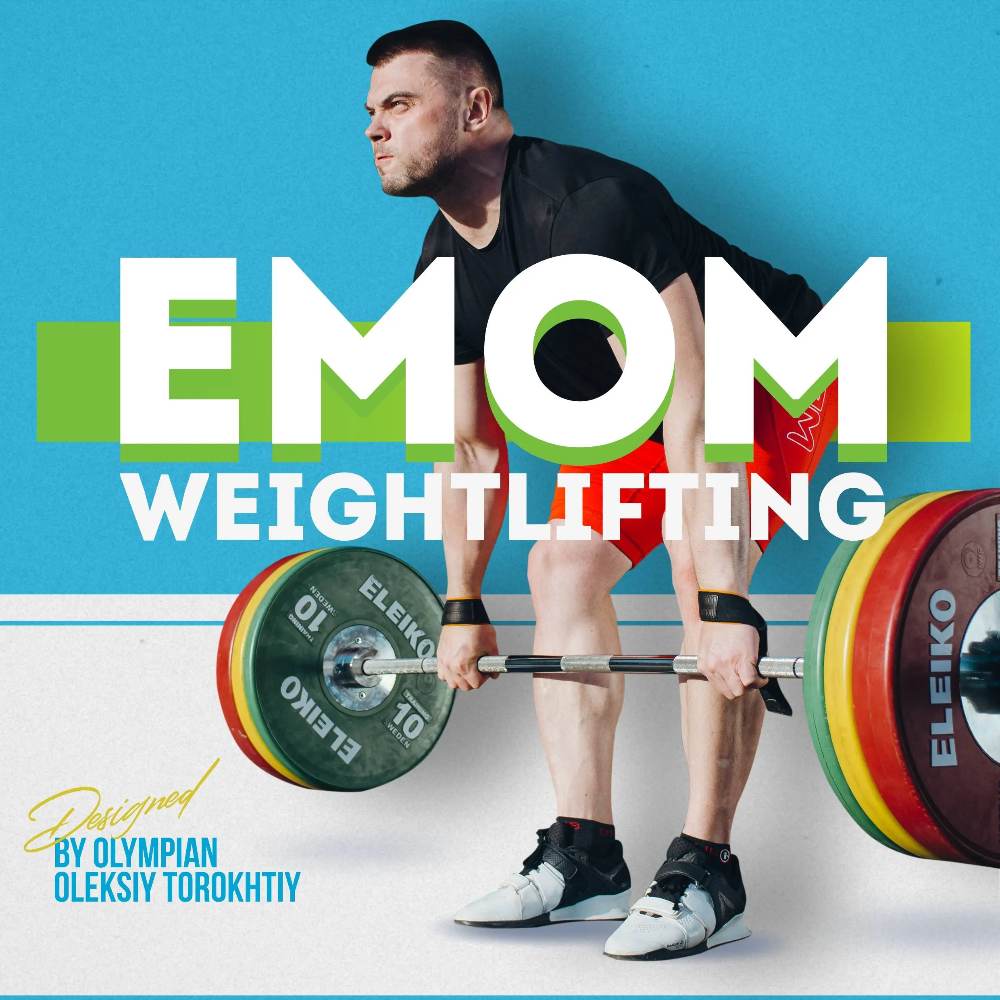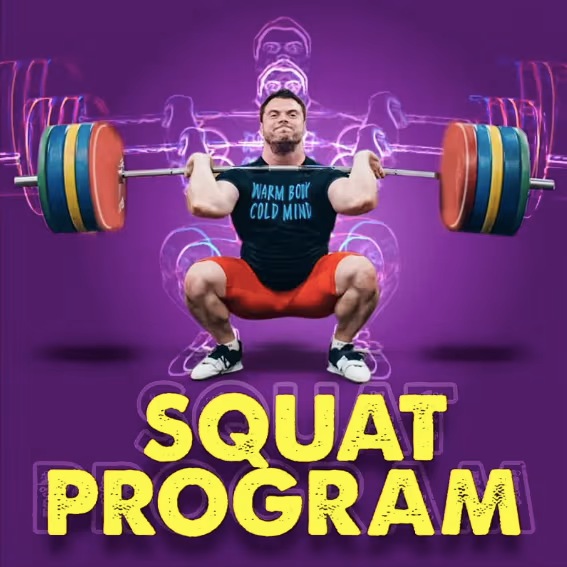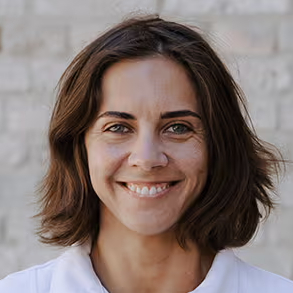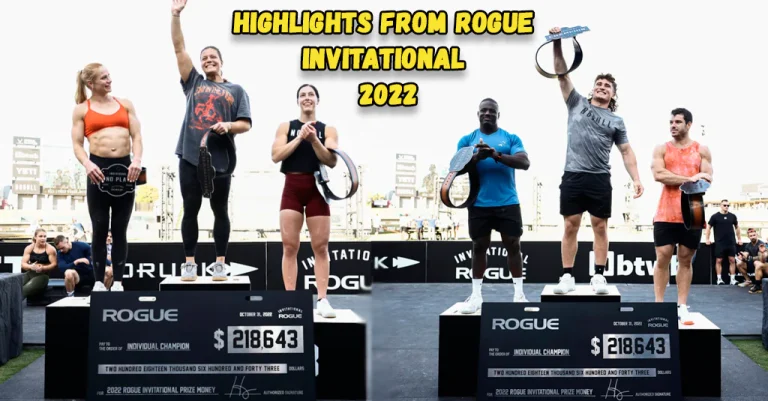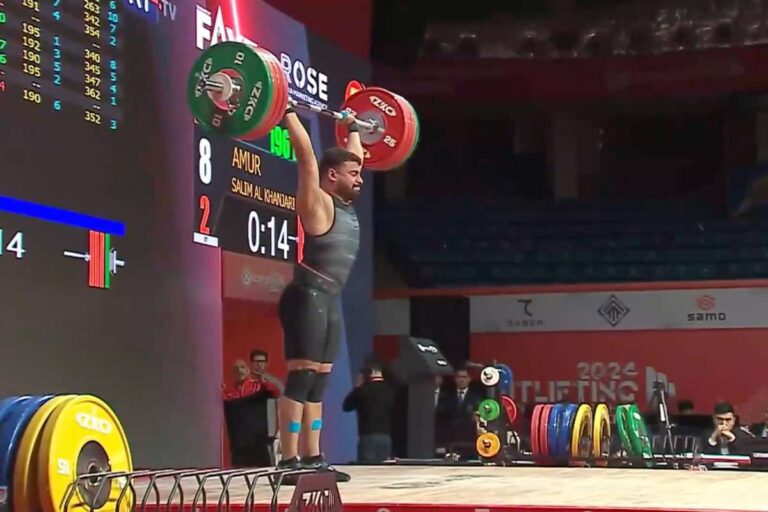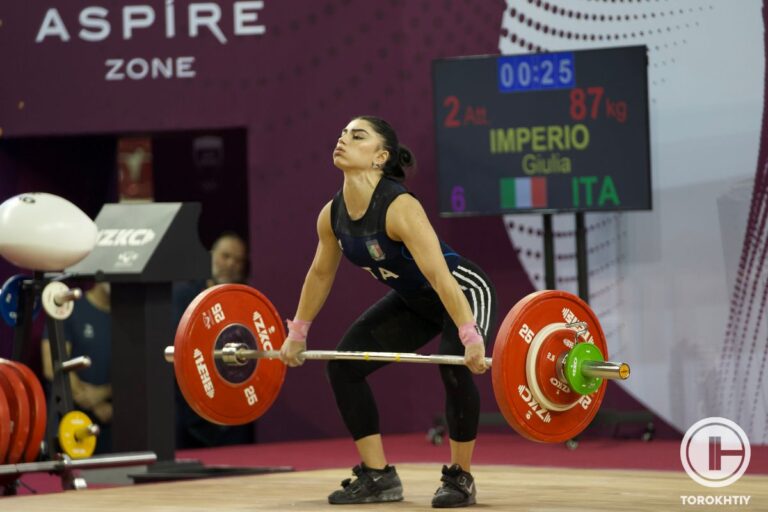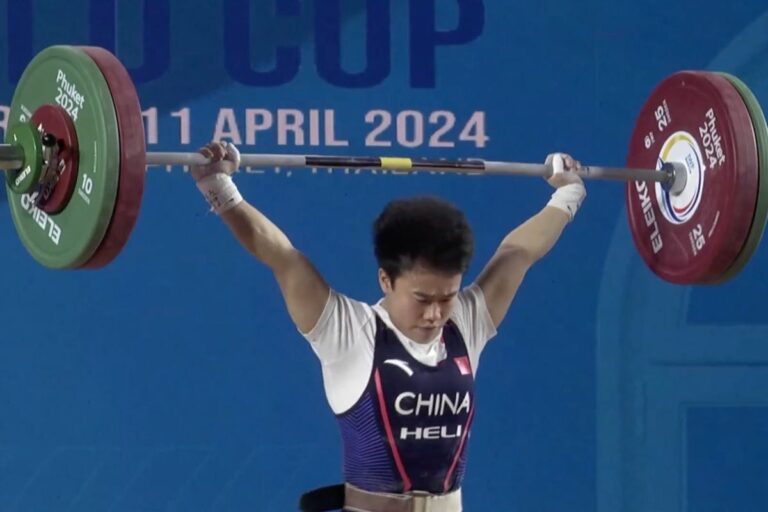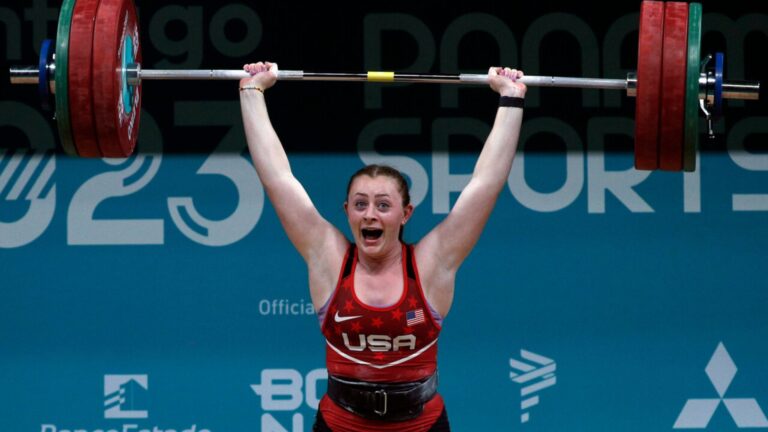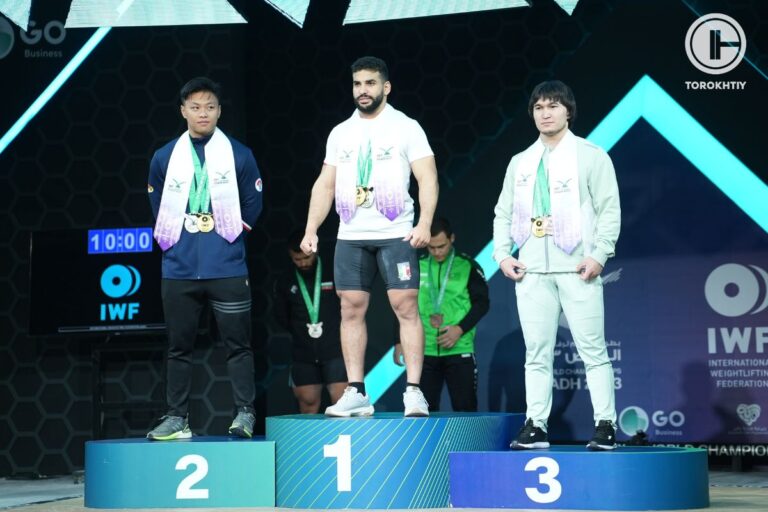Iryna Dekha Interview
Posted on
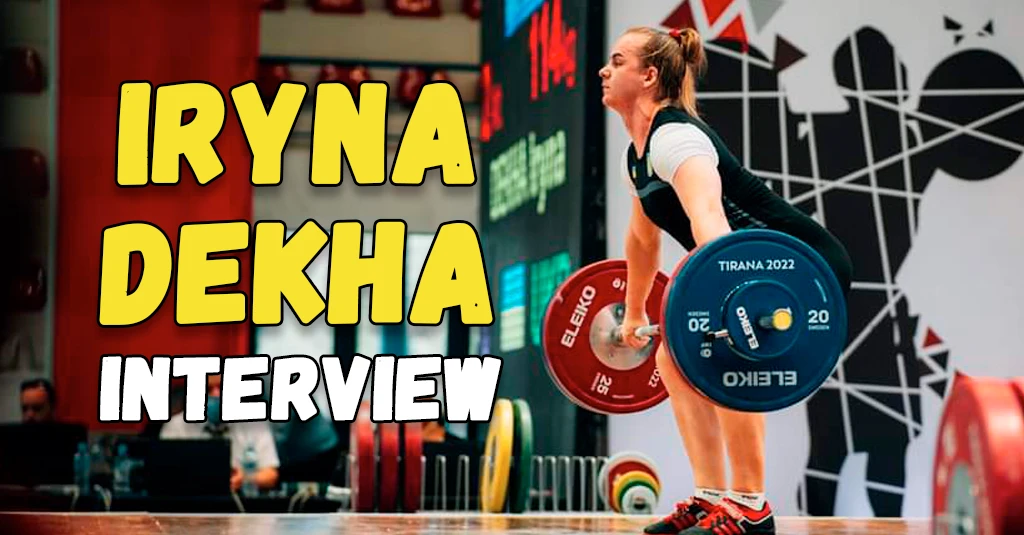
This article also available as audio. Check this out!
Subscribe and listen it anywhere:
Today, Iryna Dekha is the most titled active Ukrainian Olympic weightlifter. Only one female weightlifter has more rewards than Iryna – the world and Olympic champion (Athens, 2004) Nataliia Skakun.
Iryna has been taking part in international competitions since 2010. She has won plenty of youth and junior titles at World and European championships. She has also competed on the Olympic platform twice.
At the Europeans in Albania this year, she won 3 gold medals in the 81 kg weight class:
Total – 253 kg
Hence, she became the European champion for the third time.
We managed to have a chat with Iryna to find out about her preparation and even more.
The preparation for the Europeans was interrupted by the war in Ukraine. Tell us how it was. Did you manage to reach the peak form?
The preparation was literally cut off at the beginning of the war. I spent the first 10 days in the bomb shelter, but then I managed to leave for a safer place and return to training after a while.
I managed to get into a better training and mental mode in the second part of March. I already had more motivation at that point.
Weird as it may sound, despite all those circumstances, I had reached one of the best shapes of my whole career at the Europeans.
What do you think about your performance in the new weight class? Could you lift even more and how much then?
For me, everything worked out this time, I rate the performance as frankly successful! We have 3 medals and all 6 good lifts.
I could have lifted more, especially if I had needed that for the victory! I guess, 118 kg in the snatch and 142 kg in the clean & jerk were possible at the competition.
3. Tell us what happened at the Tokyo Olympics. What was wrong? Where did you fall short? (Despite being in the lead of her weight class, Iryna didn’t complete any clean & jerk attempt and couldn’t fight for the medals)
At first, I couldn’t figure out what was wrong with me in Tokyo! But when all the emotions went away and I analyzed everything, I somehow managed to get an answer for myself.
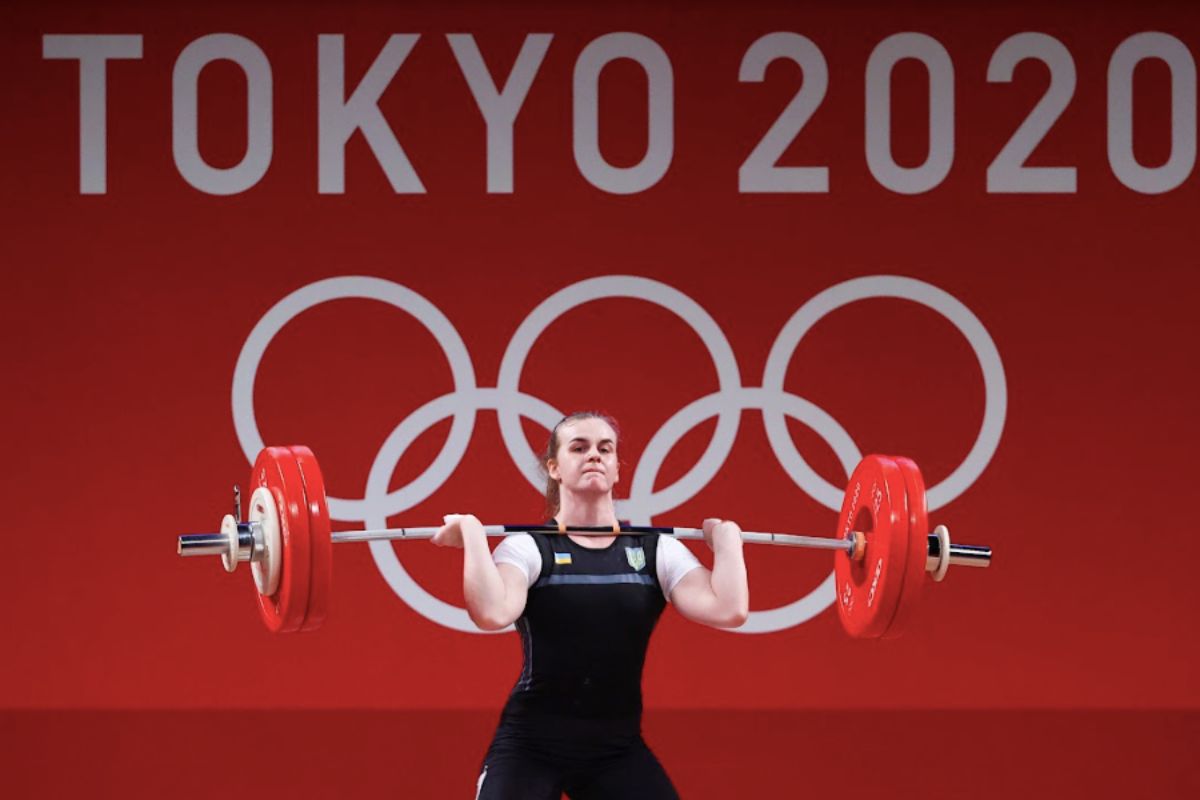
Right before the Olympics, my clean technique went worse. I started falling under the bar, but I ignored that and didn’t feel how it was crashing onto me. Yet, at the competition, it came out at ‘the best’ moment.
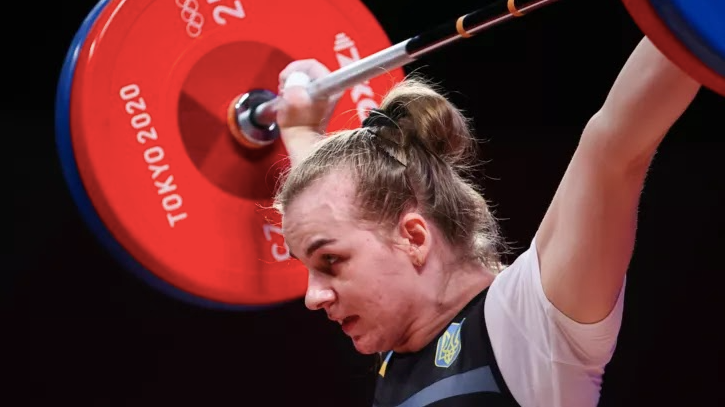
I will be frank, it was also difficult to cope with psychological pressure and responsibility: everyone really expected a medal from me. Everything took its toll on me and turned into a zero score.
Still, even for myself, I can’t figure out which reason was the main one.
How do you feel about working with coach Yevhenii Shylov: how does he help you to win and progress?
I have been working together with Yevhenii Shylov for 13 years. He has been planning my training individually for 5 years. Before that, I followed the basic program of the College of Olympic Reserve where I used to study.
The main peculiarity of my current loads is a big focus on competitive exercises. We also model a competitive pace a few times a week – we combine the snatch and the clean & jerk in one heavy session.
Another crucial point in the quality of our work and preparation is that we always find a common ground everywhere.
What does your typical day look like? Tell us about your training routine in general.
I have two sessions almost every day; I get up at 7:30-8:00 and have the first workout at 10:30-12:00. I can take a nap between the sessions but not more than 50 minutes so as not to break the night’s sleep. The second workout is at 17:00-19:00, after that, I try to take a walk in the evening and go to bed at about 23:00.
The second part of every Thursday is for massage. I don’t follow any strict diet, just control my body weight.
What are your favorite exercises and why?
The power snatch is one of my favorite exercises, I like the feeling of a good power position and forceful leg work. This exercise helps me feel the acceleration, amplitude, height of the bar and fixation. I always have that strong desire to catch a barbell as high as possible in the snatch.
What are your ‘weak points’ now and how are you working on them?
The jerk is one of my weak points. Now, after the Europeans, we are changing the technique a little bit.
I used to fix almost all heavy competitive weights in the full squat position.
But the practice has shown that this position is not reliable for me. I lost stability and accuracy at the heaviest weights, and it was difficult to rise from the bottom with the bar overhead in the second and third attempts. Thus, I try to adapt myself and all angles for a higher position. Now, the main focus is on the power and height of the drive, and I also try to catch a bar at the shoulders more precisely.
8. The best snatch, clean & jerk, and squat?
Snatch – 122 kg
Clean & Jerk – 145 kg
Front squat – 170 kg
9. What is the champion’s secret?
In my opinion, there is no big secret: you should always work efficiently and listen to your coach.
10. You already have three gold medals from the Europeans. What else do you dream about in sports and your entire life?
I want to become the Olympic and world champion and get all the gold medals.
🔻Find Your Best Training: Take Our Quiz!
Are you ready to learn and grow? Take our simple quiz to discover the right training program for you. Let us help you succeed — click below to start the quiz!
Author: Tanya Shaiko
News Editor, Olympic Lifting Enthusiast
Best Results: Snatch – 61 kg,
C&J – 78 kg
I’m Tanya, and I just can’t do without fitness. About six years ago, I got into Olympic weightlifting and instantly fell in love with it. Weightlifting is like no other sport – it’s just you versus the bar. Driven by my unwavering passion for an active lifestyle, I’ve been eager to share my personal journey and sports enthusiasm with others. As a journalist and photographer, my interests come full circle, adding an extra dimension to the news column that I curate. This way, I keep my readers updated with the latest happenings in the sports world.







